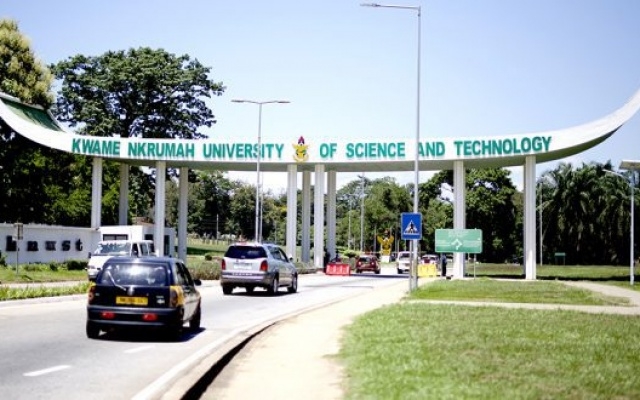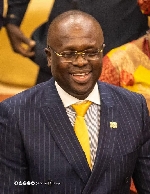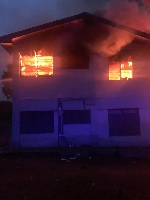KNUST consumes GHS2.4m electricity monthly

The high electricity bill is largely due to the use of energy inefficient appliances and non-adherence to good energy conservation practices.
This was disclosed by a lecturer at the Department of Mechanical Engineering of KNUST, Dr Richard Opoku, at a training workshop for facility managers and technicians drawn from the various departments and colleges of the university.
The training was organised by the Ghana Association of Energy Economists (GAEE) under the Business Sector Advocacy Challenge (BUSAC) Fund regional energy efficiency and workshop and was aimed at exposing the participants to energy efficient measures and how to reduce their energy consumption through the use of energy efficient appliances or products.
Consumption
For today's Ghana news, visit Graphic Online news headlines page Ghana news headlines.
He said about 80 per cent of electricity consumed by the university was for the use of air conditioners, most of which were energy inefficient and as such consumed more power.
Besides air conditioners, he said, the university had as many as 75,000 ceiling fans scattered in lecture halls and offices.
Dr Opoku explained that the design of some of the offices was such that using air conditioners would continue to be a drain on the coffers of the university.
For instance, he said, most of the offices had louvre blade windows which allowed air into the rooms, thereby requiring more energy before cooling the rooms.
Dr Opoku recommended that all the louvre blade windows be converted to sliding windows in order to reduce the amount of electricity needed for the air conditioners to work effectively.
Advocacy
He advised facility managers to always take into consideration the power or energy efficiency of products, rather than always concentrating on the cost.
He said some products might be cheap but might consume more energy than those that were expensive but energy efficient.
According to him, it was better to invest in energy efficient products than go in for products that were cheaper but energy inefficient.
According to Dr Opoku, in energy efficiency, “it is not about the initial cost but the running cost.”
Energy audit
The President of the GAEE, Mr Joshua Sarpong-Kumankomah, said the training was to expose the members to the process of energy audit and how they could conduct this audit in their various facilities and homes.
He said it was also to enable them to be in a position to tell which of the gadgets in their installations were energy inefficient.
Source: graphic.com.gh
Source: David Apinga
Trending News

Bawumia’s 2024 vote claim disputed: Data shows performance not highest among first-time NPP candidates after Akufo-Addo
02:04
Defence Ministry mourns Dr. Edward Omane Boamah as a leader of empathy and service
01:32
IPGG pays tribute to victims of helicopter crash
13:28
Z9 helicopter with 8 aboard goes missing on Accra-Obuasi flight
15:38
E/R: Fire at Oyoko Methodist SHS contained by Fire Service; no casualties reported
09:00
NPP distances itself from Tamale Central by-election in honour of late MP
18:22
Ga Mantse lays flowers in honour of helicopter crash victims
01:22
Central Regional NDC mourns fallen national heroes in helicopter crash
12:37
Dr Krugu slams COCOBOD CEO, gov’t over 'insulting' cocoa price increment
13:21
WHO donates medical supplies to boost Ghana’s Mpox response
08:54



